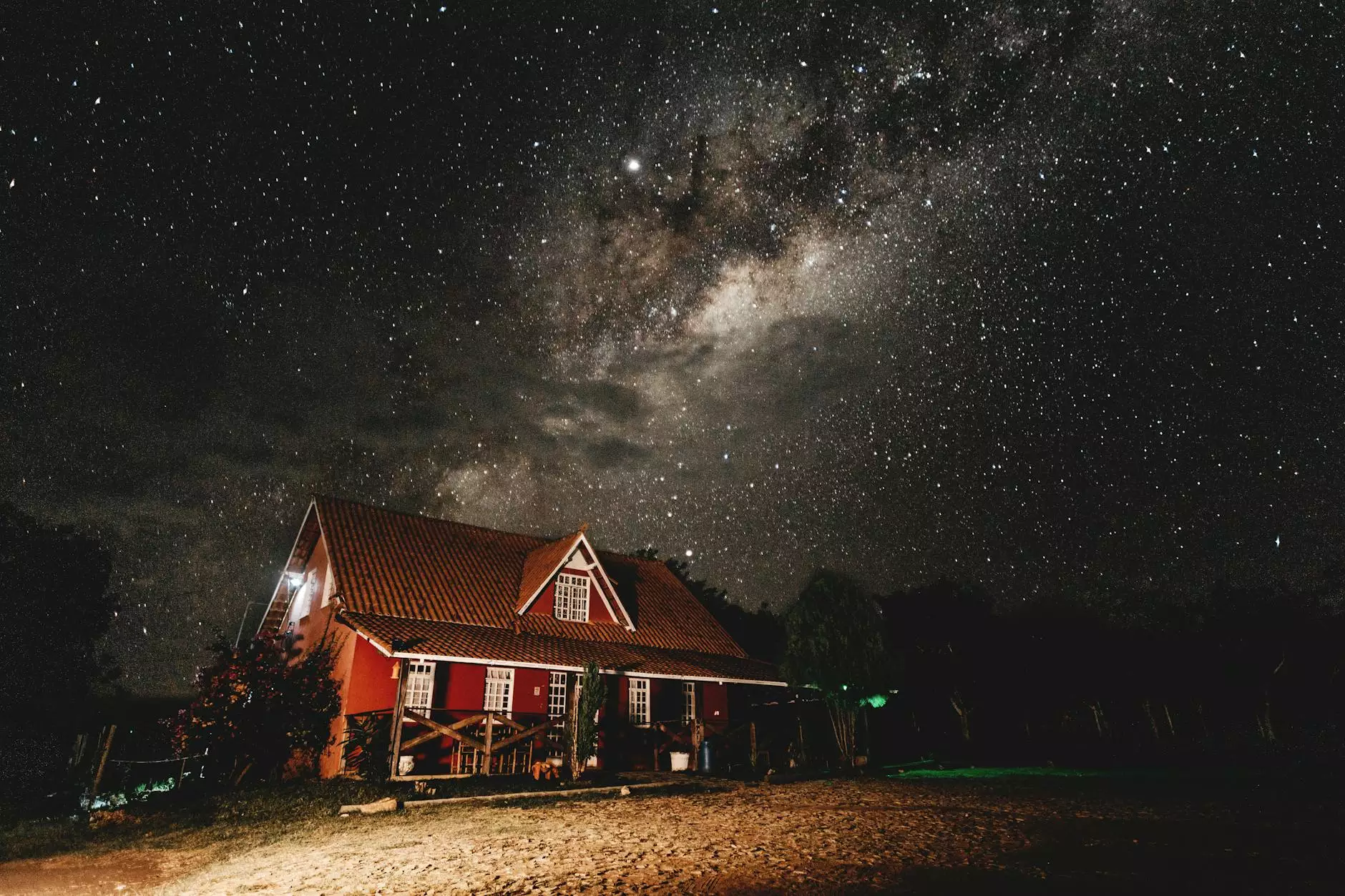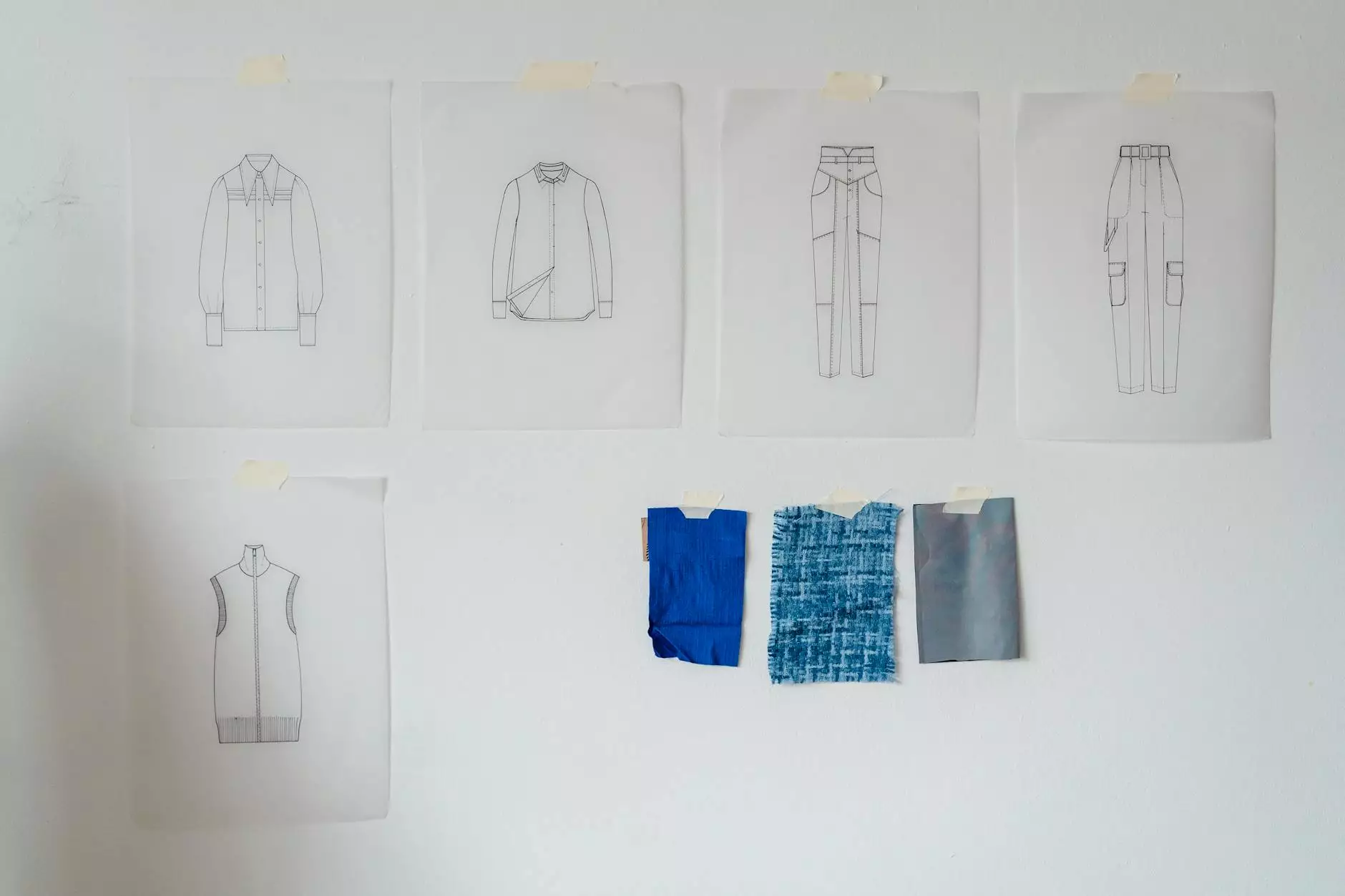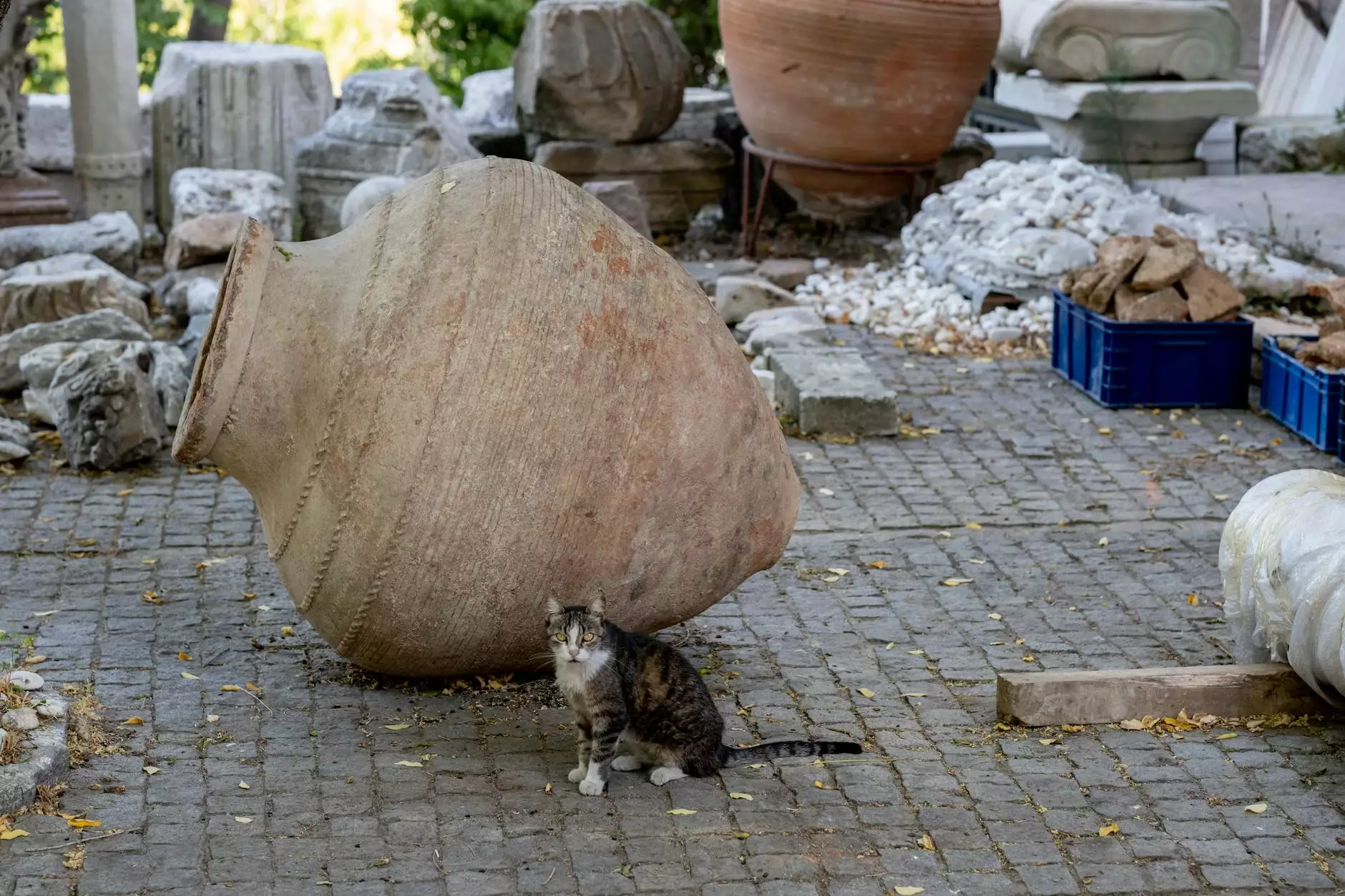Exploring the Thriving South African House Music Scene

South African house music has emerged as a vibrant and influential genre that resonates not just within the country, but across the globe. The genre has evolved significantly over the years, integrating various musical elements and cultural influences that make it unique and appealing. In this article, we will explore the various facets of South African house music, including its history, key artists, and significant platforms like Fakaza.site that have played a substantial role in its dissemination.
The Roots of South African House Music
The roots of South African house music can be traced back to the 1990s when the genre began to take shape in the suburbs of Johannesburg and Cape Town. Influenced by genres such as disco, jazz, and tribal rhythms, South African house music boasts a distinctive sound characterized by rich bass lines, soulful melodies, and intricate beats. This period saw the merging of local sounds with international house music trends, creating a hybrid that was both uniquely South African and universally appealing.
The Evolution of House Music in South Africa
Over the years, South African house music has undergone significant transformations. The early days were marked by the emergence of iconic tracks that blended traditional African sounds with modern electronic music. As the genre gained traction, various sub-genres began to develop, including:
- Amapiano: A style characterized by its jazzy, piano-led sound and deep house influences.
- Kwaito: A genre that fuses house music with hip-hop, featuring slower tempos and a laid-back vibe.
- Deep House: Emphasizing smooth melodies and relaxing rhythms, deep house has found a strong following in South Africa.
Key Artists in the South African House Scene
The success of South African house music can largely be attributed to the incredible talents of its artists. Some of the most noteworthy names in the genre include:
- Black Coffee: A globally recognized DJ and producer, Black Coffee has pushed the boundaries of house music, infusing it with African sounds and rhythms.
- DJ Maphorisa: Known for his contributions to Amapiano and collaboration with various artists, DJ Maphorisa has been instrumental in popularizing South African house music worldwide.
- Prince Kaybee: A hitmaker with several chart-topping tracks, Prince Kaybee continues to reshape the genre with his innovative sound.
- Sun-EL Musician: Renowned for his melodious compositions, Sun-EL has garnered both local and international acclaim.
The Role of Music Venues in Promoting House Music
Another critical aspect of South African house music is the vibrant music venues that provide a platform for artists to showcase their work. Venues across South Africa, ranging from intimate clubs to large festival stages, play a significant role in the music scene. Notable venues include:
- The Roxy in Cape Town: Known for its eclectic lineup, The Roxy features some of the best local house DJs.
- Inkosi Events: A premier venue for house music concerts and parties, hosting performances by both established and emerging artists.
- Taboo Nightclub: One of Johannesburg's leading nightclubs, Taboo often features high-profile international DJs as well as local talent.
Fakaza.site: A Hub for House Music Lovers
For fans of South African house music, Fakaza.site has emerged as a vital platform for discovering new music and accessing a vast library of tracks. This site offers users a convenient way to explore the latest releases, classic hits, and upcoming talent in the South African music scene. Features of Fakaza.site include:
- Extensive Track Library: With thousands of songs available for download, Fakaza.site caters to varied tastes and preferences.
- Regular Updates: The site regularly updates its catalog, ensuring users have access to the latest releases and trends.
- Curated Playlists: Fakaza provides expertly curated playlists that highlight specific genres, moods, or themes, making it easy for listeners to discover new favorites.
The Global Impact of South African House Music
As South African house music continues to grow in popularity, it is making an impact on the global music scene. Artists from South Africa are being invited to perform internationally, and collaborations between South African musicians and international stars are becoming common. This cross-pollination between diverse musical cultures enriches the genre and opens doors for even more innovation.
How to Support South African House Music
Supporting the South African house music scene can take many forms, from attending local shows to streaming and purchasing music from artists. Here are some effective ways to contribute:
- Attend live performances: Experience the energy of house music by supporting concerts and festivals featuring local performers.
- Stream and download music: Use platforms like Fakaza.site to explore and support your favorite South African house artists.
- Share on social media: Help spread the word by sharing your favorite tracks and artists with friends and followers.
The Future of South African House Music
The future of South African house music looks bright. With an ever-expanding base of talented artists and a passionate fan community, the genre is poised to continue its growth and evolution. Innovation will drive the music forward, with emerging genres and collaborations shaping the direction of house music in South Africa.
Conclusion
In conclusion, South African house music is not just a genre; it's a vibrant community that celebrates cultural diversity and creativity. Platforms like Fakaza.site play a crucial role in bringing this music to the forefront. By engaging with the music, supporting its artists, and exploring its rich history, one can truly appreciate the unique and dynamic world of South African house music. Join us in celebrating this incredible genre as it continues to thrive and make waves on the global stage.
south african house fakaza.site








